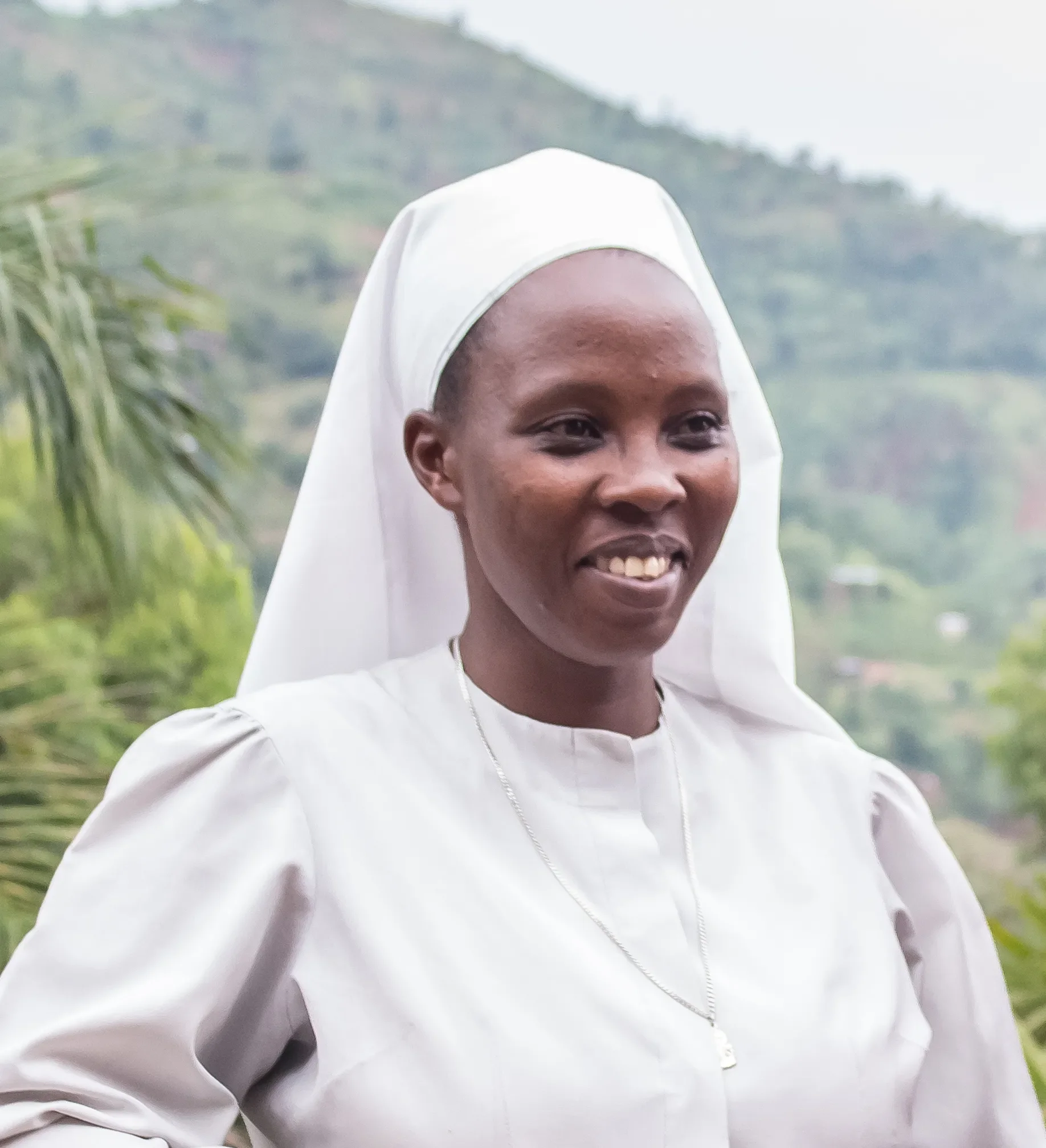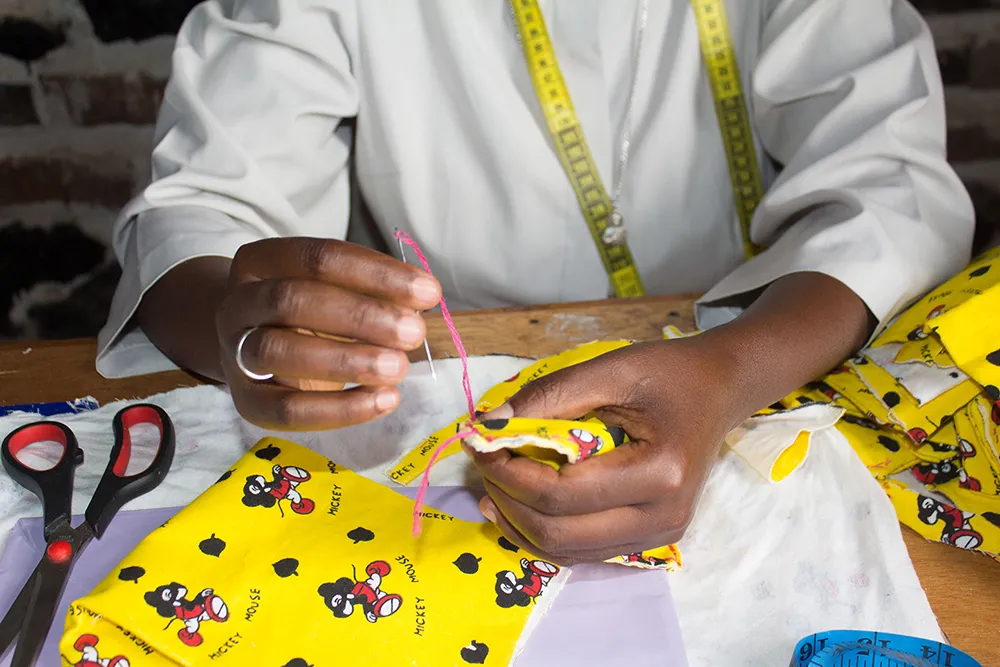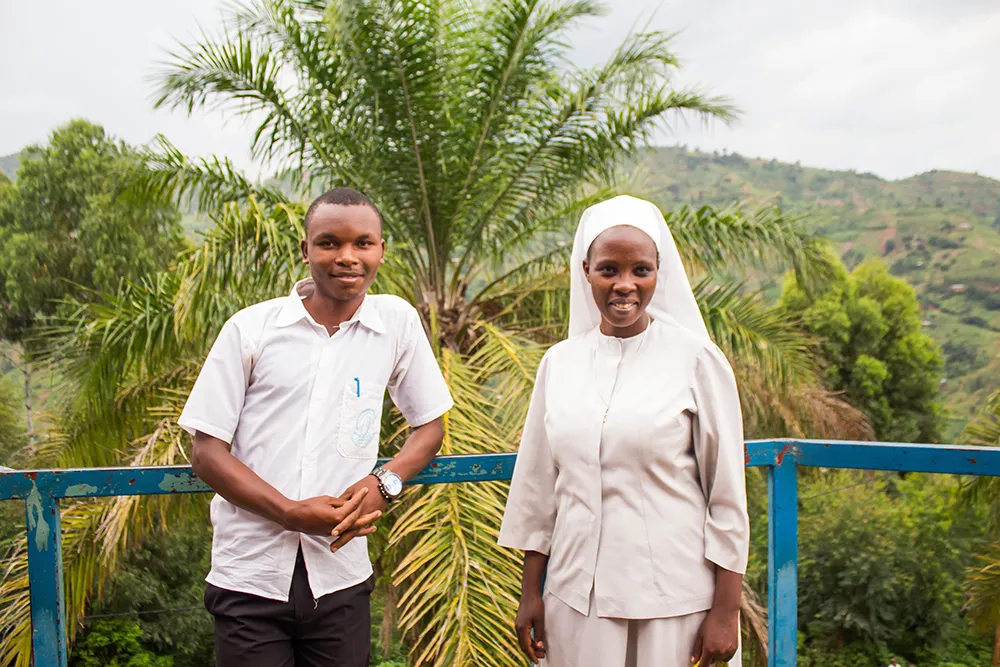“Young people are strong to defend themselves, but sometimes they need a supporting hand and this is what I offer to them,” she explains.
In some areas in Burundi, women are viewed as cursed when they are menstruating. Across the country, people refuse to eat cassava bread, a traditional food, if it has been prepared by a woman on her period. In the western region, adolescent girls are forbidden from bathing or washing clothes while menstruating.
Misinformation regarding sexual and reproductive health is common, as adults shy away from this topic, leaving adolescents to learn about it from their peers. Mariya* says the first time she got her period, she thought it was an injury. She did not discuss it with anyone and used paper to stop the bleeding.
Likewise, Médiatrice*, 21, recounts being startled when she got her period. “Fearing that I had a serious illness, I ran out of school and locked myself in my room for 48 hours,” she says. When Médiatrice’s father found out why, he asked a female relative to explain menstruation to her.
These situations have made Sister Philotte adamant about destigmatizing sexual and reproductive health in Burundi, even if she has faced some backlash because of it. “If parents cannot do it, someone else has to,” she says.



